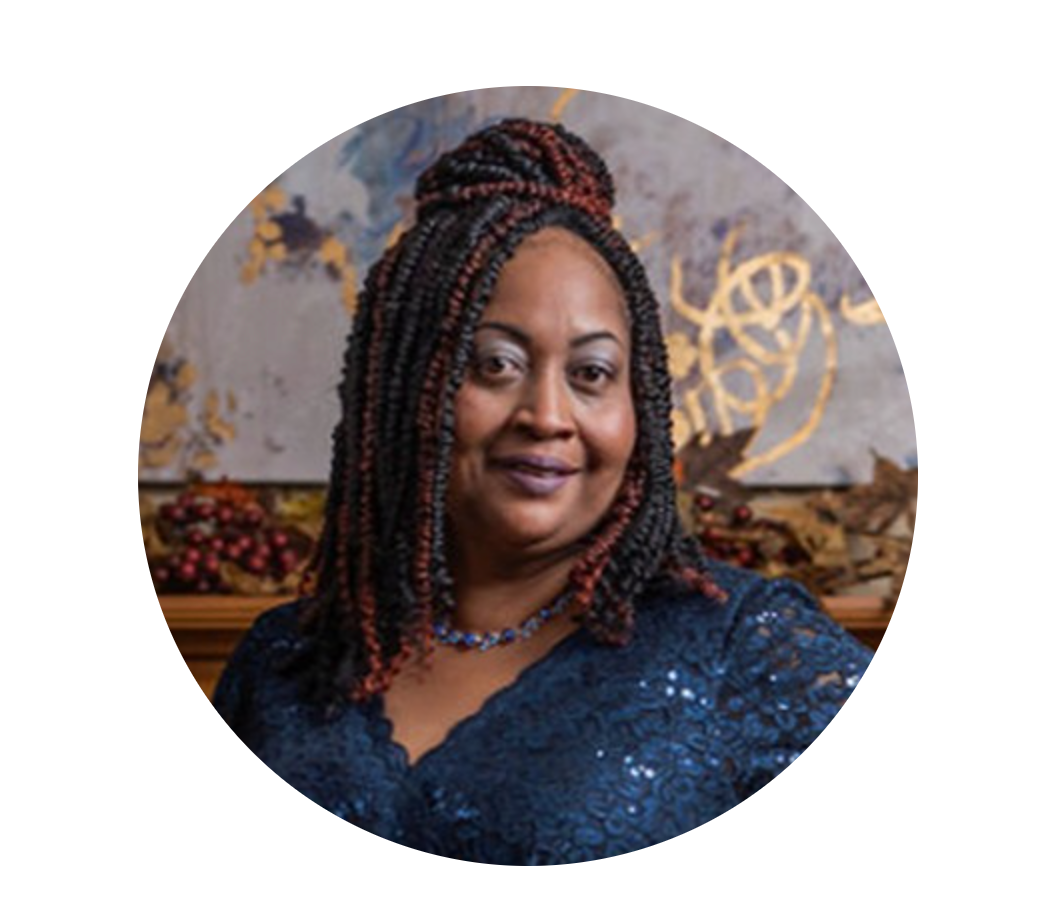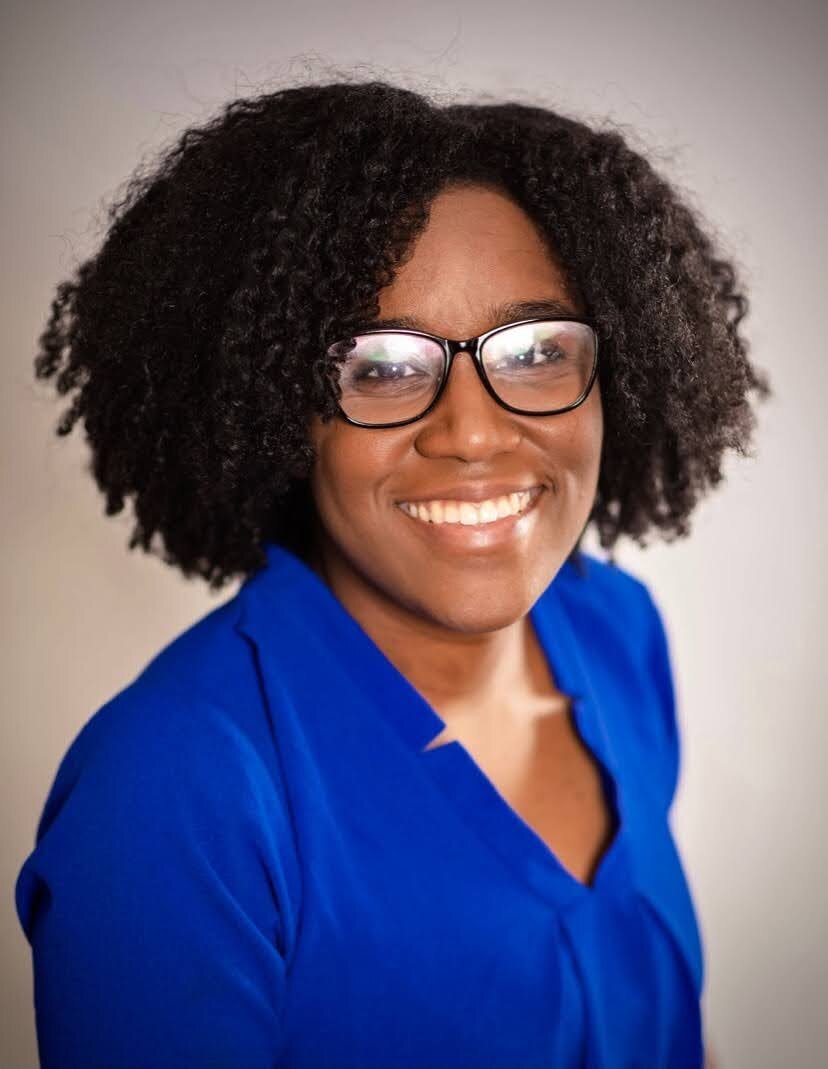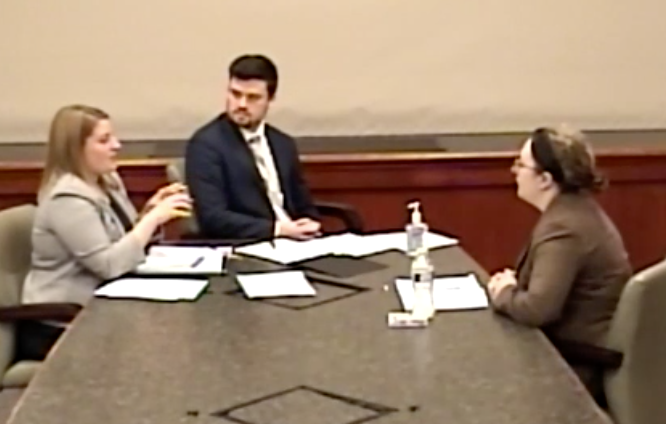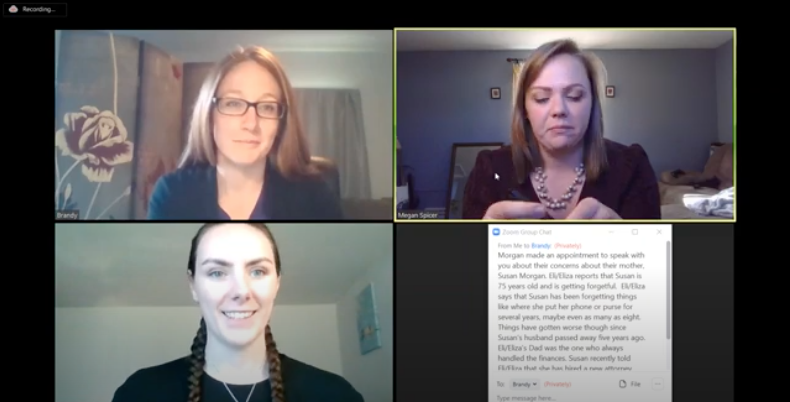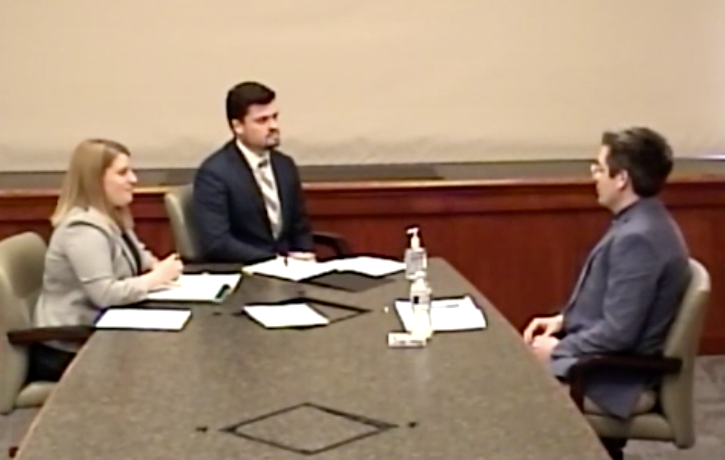On behalf of the AALS Clinical Section’s Externships Subcommittee and the CLEA Externships Committee, it is an honor to announce that Carrie Kaas of Quinnipiac University School of Law will receive the 2024 Externships Achievement Award.
The Externships Achievement Award honors outstanding contributions to externship pedagogy and the externship community, including (1) commitment to teaching and supporting law students in their transition to practice (2) contributions to the design and implementation of effective externship programs; (3) service to the externship community specifically and to the development and growth of experiential legal education generally; and (4) a record of written scholarship, teaching resources, or other enduring public works of value to the externship community and experiential legal education.
Carrie’s teaching and service exemplifies each of these principles. As Director of Externships, and later, Associate Dean of Experiential Education, Carrie has developed and supervised a robust externship program totaling more than 300 potential externship sites at Quinnipiac University School of Law. She is tremendously dedicated to her students and has served as a mentor and guide to many. In recognition of her externship teaching, students voted her Professor of the Year and the Connecticut Bar Association honored her with the Tapping Reeve Legal Educator Award in 2023.
Quotes from alums in support of Carrie’s nomination reflect her impact on the students at QUSL:
“Carrie Kaas is one of those rare individuals who inspires students with compassion, joy, and a firm hand. My experience with her as a guide through two externships while at QUSL was one of the highlights of my law school journey.”
“Carrie has a deep commitment to humanizing the field of law: of seeing the people behind the cases and training a future cadre of lawyers who are just as focused on healing as they are on winning.”
In the experiential legal education community, Carrie has been a principal leader and voice of the national externship community. Among numerous other contributions, she has served as President and Board Member of CLEA, and co-chair of several CLEA committees. In 2007, she was a contributing author and editor for Best Practices for Legal Education, written by Roy Stuckey and published by CLEA. In 2015, with Deborah Maranville, Lisa Radtke Bliss, and Antoinette Sedillo Lopez, Carrie continued this work as a coeditor of Building on Best Practices and also co-authored a chapter on externship education in that volume.
We look forward to honoring Carrie Kaas at lunch on Friday, October 18 at the Externships 12 Conference, hosted by the New England Consortium on Externships, in Boston!
AALS-CLEA Externship Achievement Awards Selection Committee
Megan Bess (UIC)
Laurie Hauber (Oregon)
D’lorah Hughes (Kentucky)
June Tai (Iowa)


